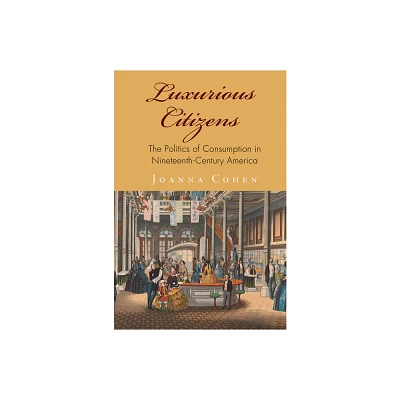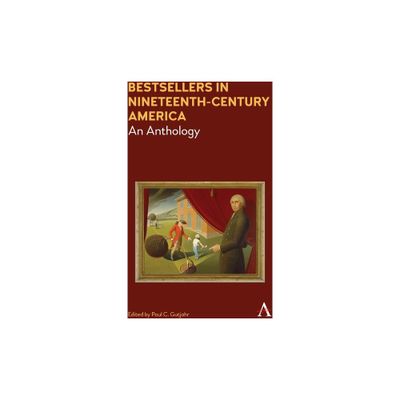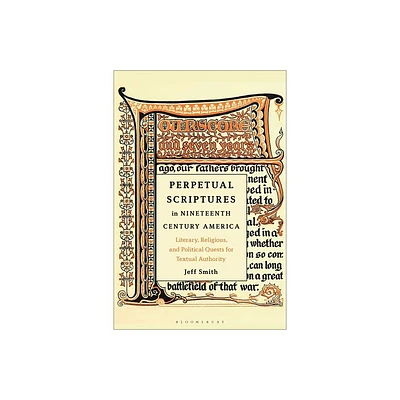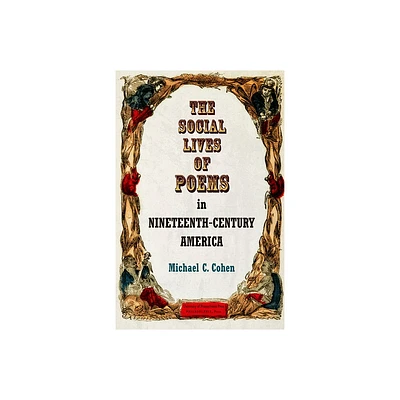Home
Luxurious Citizens: The Politics of Consumption Nineteenth-Century America
Loading Inventory...
Barnes and Noble
Luxurious Citizens: The Politics of Consumption Nineteenth-Century America
Current price: $49.95


Barnes and Noble
Luxurious Citizens: The Politics of Consumption Nineteenth-Century America
Current price: $49.95
Loading Inventory...
Size: Hardcover
*Product Information may vary - to confirm product availability, pricing, and additional information please contact Barnes and Noble
After the Revolution, Americans abandoned the political economy of self-denial and sacrifice that had secured their independence. In its place, they created one that empowered the modern citizen-consumer. This profound transformation was the uncoordinated and self-serving work of merchants, manufacturers, advertisers, auctioneers, politicians, and consumers themselves, who collectively created the nation's modern consumer economy: one that encouraged individuals to indulge their desires for the sake of the public good and cast the freedom to consume as a triumph of democracy. In
Luxurious Citizens
, Joanna Cohen traces the remarkable ways in which Americans tied consumer desire to the national interest between the end of the Revolution and the Civil War.
Illuminating the links between political culture, private wants, and imagined economies, Cohen offers a new understanding of the relationship between citizens and the nation-state in nineteenth-century America. By charting the contest over economic rights and obligations in the United States,
argues that while many less powerful Americans helped to create the citizen-consumer it was during the Civil War that the Union government made use of this figure, by placing the responsibility for the nation's economic strength and stability on the shoulders of the people. Union victory thus enshrined a new civic duty in American life, one founded on the freedom to buy as you pleased. Reinterpreting the history of the tariff, slavery, and the coming of the Civil War through an examination of everyday acts of consumption and commerce, Cohen reveals the important ways in which nineteenth-century Americans transformed their individual desires for goods into an index of civic worth and fixed unbridled consumption at the heart of modern America's political economy.


















